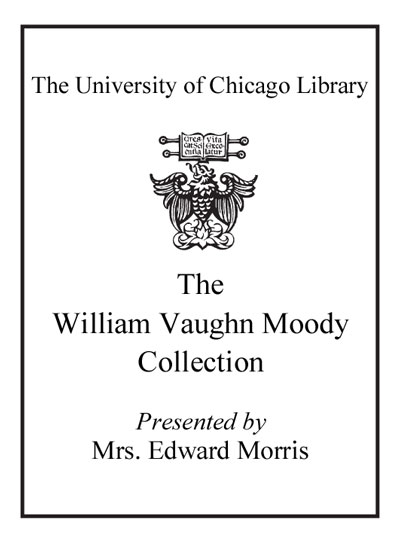Review by Publisher's Weekly Review
Ralph Waldo Emerson was a uniquely American spiritual leader whose insights continue to offer valuable wisdom today, argues Unitarian minister Andrews (Transcendentalism and the Cultivation of the Soul) depicts in this solid study. In recounting Emerson's struggles to discern his true path--as well as his activism in the abolitionist and women's rights movements--Andrews sets up Emerson as both a model and a guide for contemporary spiritual seekers. As a product of Harvard College and the Unitarian Church, Emerson was exposed to Romanticism, historical biblical scholarship, and Eastern religions, influences which led to his departure from parish ministry and inspired his participation in the Transcendentalist movement. Andrews credits Emerson with separating the term spirituality from particular Christian denominations--thus freeing the essence of religion from outdated rituals and traditions. Other key themes from Emerson's writings include the necessity of individuals discerning their own spiritual paths, self-reliance, seeking truth, experiencing solitude, and spending time in nature. Though Andrews can meander, he succeeds in making Emerson's ideas and recommended spiritual practices accessible and relevant to contemporary readers. Those interested in 19th-century American spiritualism or the father of transcendentalism should take a look. (Sept.)
(c) Copyright PWxyz, LLC. All rights reserved
Review by Publisher's Weekly Review

